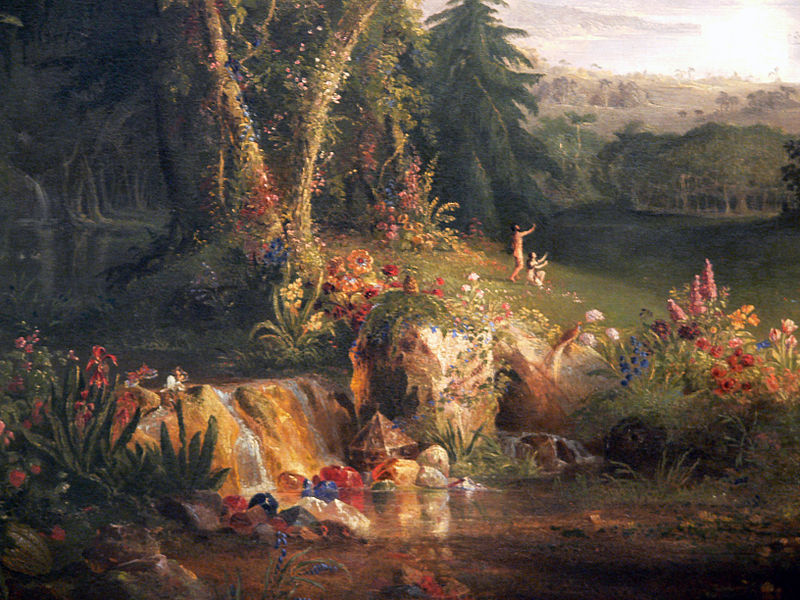The Ideology of Love in Film
We have all seen it; a film wherein a lover pursues another for the duration of the movie, creating tension and perpetuating the feeling of an unattainable partner. This is necessary for the plot and for the ideology of love to function. If the lover’s partner is obtained in one climactic scene, as they are in many films, the political ramifications are tremendous. The longing is no longer there, the chase is over, and a new norm has been instantiated. The desire has no more function in the pursuer’s public life. Thus begins the disintegration of the plot in the film. Loose ends become prevalent and need to be tied up before the audience realizes what happened. The best films, in my opinion, are films where the lover cannot be obtained in this way, either through death, disease, or something else. Take The Vow.
The wife’s amnesia prevents the husband from staying in the perpetual bliss of the cliché happily-ever-after story by preventing him from obtaining of the other through acts of love in their marriage–she is estranged to these acts, this love. The Vow is a good movie because it breaks the norm of the pursuit of initial love, and forces the husband to channel his initial commitment and re-pursue through difficult circumstances. She becomes unattainable once more. The plot ceases to be driven by a future sexual act and is now driven by a desire for the people to fall in love.
Besides film, the ideology of love and sexuality has a function in public life, as well. I’ll use the analogy of the Garden of Eden to demonstrate how this ideology functions in public life and theological discourse.
The Garden of Eden and the Unattainable Lover
The Garden of Eden is all too often referred to in terms of what was once obtained and is now lost. But this is the exact mistake that Eve made when she bit into the fruit. Eve should have seen the garden as God’s unattainable garden. Adam and Eve wanted to obtain something that was meant to remain untouched. If the fruit remained untouched, it would limit their freedom and therefore allow for them to commune with God (just like the unattained lover drives the plot of the movie). Therefore, our theology of the Garden should teach that Adam and Eve failed not in losing what was already obtained, but in trying to obtain the unattainable.
The Garden was never obtained because it could not have been obtained–it represented what it was not: communion with God for all of eternity. This communion could not have happened there due to the limits set in place because of humanity’s freedom.
Eating the forbidden fruit is like obtaining the sought after lover, who should truly be seen as unattainable. Once we perceive the other as having been obtained, we lose ourselves and our “garden” is revealed to actually be the underworld–the devil’s garden–the mask is taken off, just like it was for Adam and Eve. The serpent’s lie in the garden of Eden was that it was his garden and the ethically significant decisions were his to make.
The Garden of Eden and Public Morality
When taught this way, the Garden of Eden functions as a public moral framework.
Ethics are now framed in terms of the ultimate unattainable good, not an old once-obtained-but-lost good. This ethical framework is forward-thinking and forward-looking. Good actions are those that do not correspond with obtaining the good, but with recognizing present goodness as a shadow of a future goodness. In this framework, no one is truly good, we can only do morally significant actions that lead towards a future goodness. In theological terms, this ethical framework is the ingressing of the Kingdom of God.
We will be satisfied in the next age, in the City of God, since God will replace the garden as the Unattainable One Himself. The chase will be eternal and we will ever be satisfied with the eternal path to satisfaction, which will never be reached.
Ideology only functions when people believe it en masse. My call to action is for us to change our moral thinking from one founded on the desire to obtain the Good (as a lover obtains their partner), to the braver of the two: that framework that posits the Good as unattainable even in the event of its future ingressing in the Kingdom of God–the eternal not-yet.





1 Comment
Leave your reply.